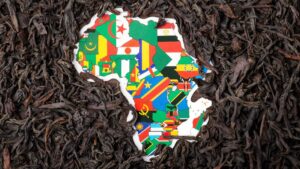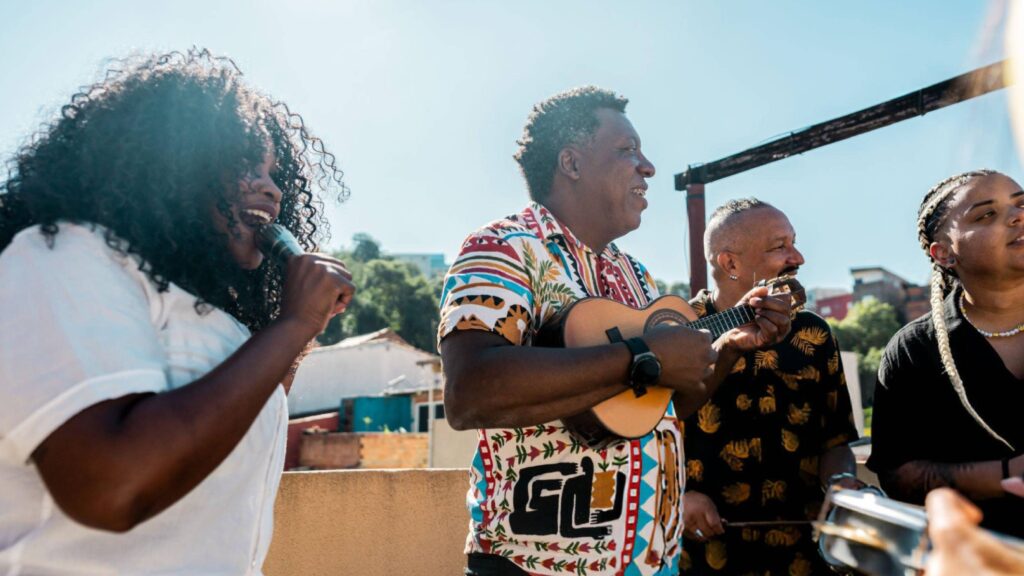Poetry is often seen as delicate—something soft-spoken, lyrical, personal. Yet in moments of oppression, it becomes one of the sharpest weapons. During Africa’s colonial era and struggles against apartheid, poems carried messages of defiance that politicians or activists alone could not. Words crafted in verse made their way into hearts, smuggled under the watchful eyes of censors who overlooked the subtle but powerful imagery. A poem could say what a manifesto dared not, and its rhythm carried more than aesthetic appeal—it carried courage.
African poets were not merely writing for art’s sake. They produced lines of resistance that resonated both within villages and across borders. In South Africa, poets like Dennis Brutus and Mongane Wally Serote wrote under the shadow of apartheid, capturing the collective agony of an oppressed majority. In West Africa, poetry spoke against colonial injustice and championed independence, often reviving local idioms and spiritual imagery to strengthen a sense of self-worth. The verses reminded communities that they had identities far richer than those imposed upon them by colonialism.
Beyond political resistance, poetry also healed. It drew from oral traditions of chanting and storytelling, turning the pain of the people into collective memory and resilience. A song in poetic form could be recited in marketplaces, at community gatherings, or whispered in classrooms. The rhythm made it easy to remember, ensuring that resistance lived in both young and old minds. This was literature not confined to paper—it was living testimony that danced on tongues and settled in spirits.
What made African resistance poetry remarkable was its deep link to tradition. It blended indigenous metaphors, local landscapes, and native rhythms with universal cries for justice. It wasn’t just about opposing colonial rule, but also about affirming African identity and beauty. Celebrating rivers, drums, and ancestral spirits became itself an act of rebellion against a system that sought to strip away pride. By writing of love for land, culture, and people, poets reclaimed stolen dignity.
Today, spoken word artists and contemporary poets continue this legacy. Their verses address headlines of corruption, inequality, migration, and climate change. Just as the old poems stirred independence movements, today’s words spark digital conversations, ignite protests, and give voice to the silenced. Poetry of resistance is eternal because injustice always meets its loudest challenge in the economy of a few burning lines.




